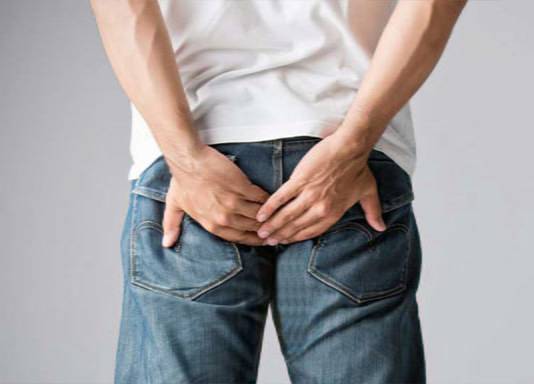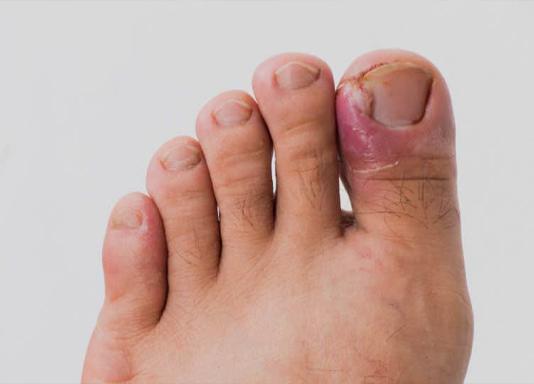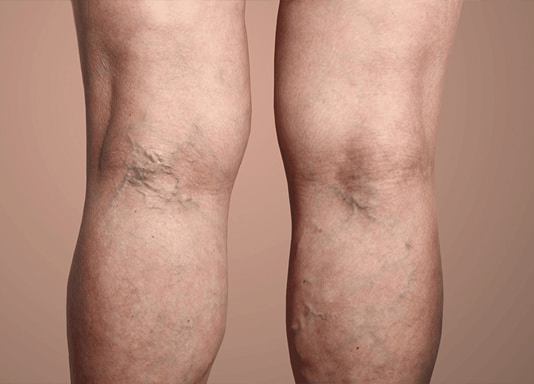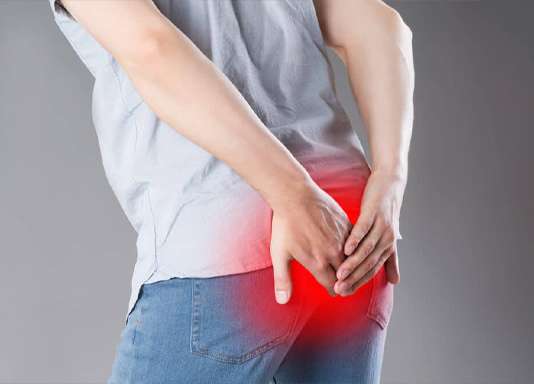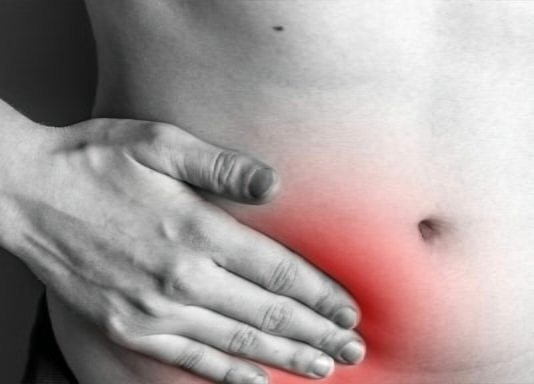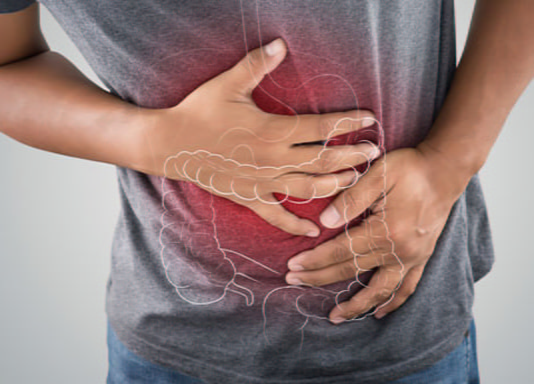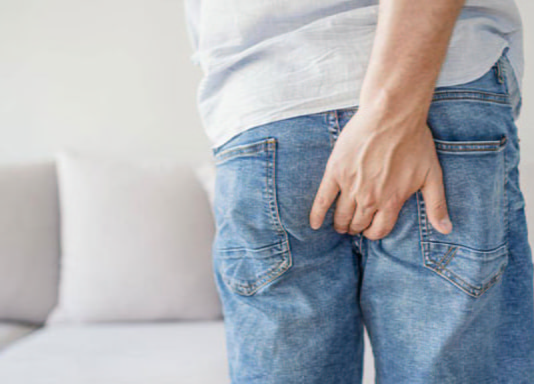3 Surprising Causes of Perianal Abscess
It’s caused by a buildup of pus in the tissues around the anus, and it can occur either externally or internally. Although perianal abscess is most commonly seen in people with Crohn’s disease or other inflammatory bowel diseases, there are several other surprising causes of this condition. In this blog post, we will explore three of these causes and what you can do to prevent them.
What is a perianal abscess?
A perianal abscess is a condition that results when a sac of pus forms in the tissue around the anus or rectum. The abscess can occur anywhere in this area, but is most commonly found near the anal opening. Perianal abscesses are usually the result of an infection in the anal glands, which are located on either side of the anus. The infection causes the glands to fill with pus, which eventually forms an abscess.
What are the causes of perianal abscess?
There are a number of different things that can cause perianal abscesses. The most common cause is an infection in the anal glands. This can happen when the glands become blocked and bacteria start to grow. Other causes include:
- Fistulas (an abnormal connection between two organs)
- Crohn’s disease (a chronic inflammatory bowel disease)
- Injuries to the anus or rectum
- Sexually transmitted infections (STIs)
- Cancer
Treatment for perianal abscess
Perianal abscesses are most commonly treated with antibiotics and drainage. Antibiotics help to clear the infection, while drainage helps to remove the pus and debris from the abscess. In some cases, surgery may be necessary to fully remove the abscess. Surgery is typically only recommended if the abscess is large or recurrent.
Prevention of perianal abscess
Perianal abscess is a serious condition that can lead to serious complications if left untreated. Early diagnosis and treatment is essential to prevent the spread of infection and the development of complications. There are several measures that can be taken to prevent perianal abscess, including:
- Maintaining Good Hygiene: This includes regular cleansing of the anal area with mild soap and water. It is also important to avoid using harsh soaps or chemicals that can irritate the skin around the anus.
- Avoiding Constipation: Straining during bowel movements can increase the pressure on the anal area and lead to the formation of an abscess. Eating a high fiber diet and drinking plenty of fluids can help to keep stools soft and prevent constipation.
- Avoiding Anal Intercourse: This activity can irritate the delicate tissue around the anus and lead to the formation of an abscess. If anal intercourse cannot be avoided, it is important to use plenty of lubrication and stop if there is any pain or discomfort.
When to see a doctor for perianal abscess
If you are experiencing any of the following symptoms, you should see a doctor as soon as possible:
- Rectal pain
- Swelling in the anal area
- Redness in the anal area
- Discharge from the anus
- Fever
Perianal abscesses can be extremely painful and if left untreated can lead to serious complications. If you are experiencing any of the above symptoms, don’t delay in seeking medical attention.



